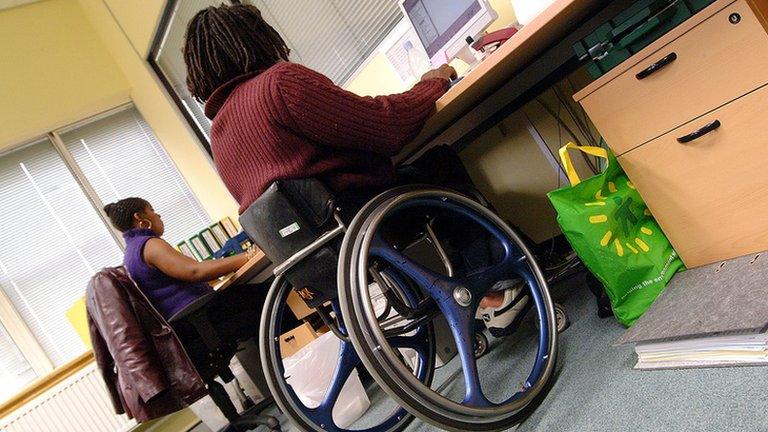Disability benefit tests have doubled in cost, says NAO
- Published
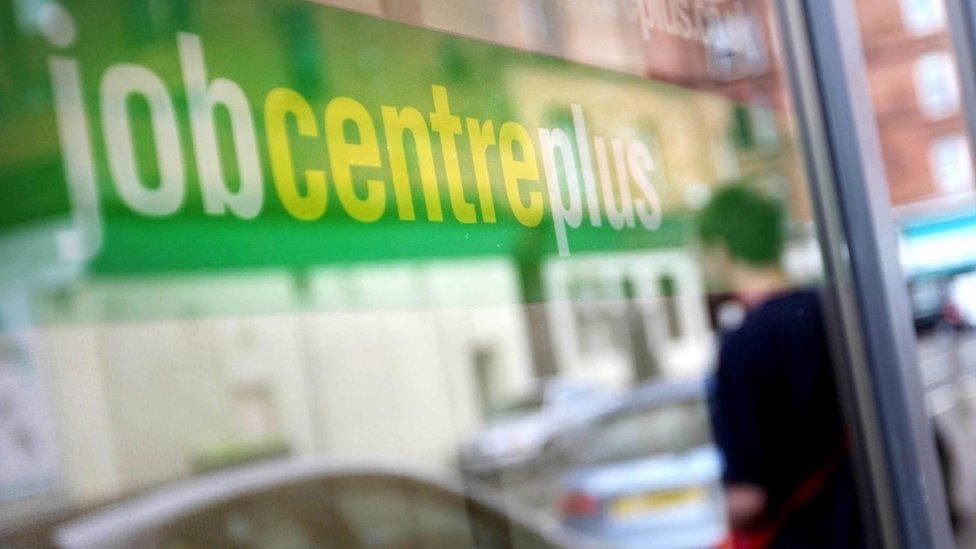
Disability benefit assessments have doubled in cost to £579m a year but targets are still being missed, the National Audit Office has said.
The spending watchdog found the quality of the tests was also not improving despite more being done face-to-face.
Labour MP Meg Hillier, who chairs the public accounts committee, said the cost was "staggering" and sick and disabled people needed "a better deal".
The Department for Work and Pensions said the quality of tests had improved.
Health assessments for Employment and Support Allowance are carried out to assess people's capability for work.
They were brought in to reduce the number of claimants but the department has constantly struggled with delays and controversy with disability campaigners claiming they have led to rising suicide and depression rates.
Problems 'exacerbated'
Private provider Atos quit its contract in 2014 and was replaced last year by US firm Maximus.
The new contract requires an increased number of face-to-face assessments - with more staff needed to carry them out.
But the NAO said "recent performance shows the department [DWP] has not tackled - and may even have exacerbated" problems over waiting times and targets, and expected savings to the welfare budget had been reduced from £1.1bn over the next three years to £400m.
Key findings in the report said:
There was still an estimated backlog of 280,000 ESA assessments in August 2015 with an estimated 23-week wait for claimants - down from 29 weeks
There had been a struggle to recruit enough specialist medical staff to meet demand, while rising salaries had contributed to a 65% rise in the average cost of each assessment - from £115 to £190
At least £76m of taxpayers' money had also been wasted by the failure to get a new IT system up and running - more than two years after it was supposed to be in place
Despite increasing the size of its performance management team, the DWP "has not yet achieved value for money", the report said, "Overall it now expects to pay more for assessments, and is still not achieving volume and assessment report quality targets."

'How ill do you have to be?'

Dawn Amos was sent a letter telling her that she was not ill enough to qualify for attendance allowance on the day after doctors turned off her life support machine. She was 67 and had chronic lung disease.
Her husband Mick said her condition meant she could barely walk.
"She started off with a blockage in the leg. It didn't actually get worse for about a year so we thought if it's not getting worse we'll leave it alone. Then when it started getting worse she went to get something done about it.
"By the end she could only just get down to the bottom of the garden, about 45-50ft, and that was about it. She had to sit down before she could walk back. She couldn't even get to the shops on her own. How ill do you have to be?"

Ms Hillier said: "The department's approach has been unclear, its targets untested and consistently missed, and future delivery is under threat.
"With the annual cost of assessments now expected to rise to a staggering £579m in 2016-17, taxpayers have been left to foot the bill.
"The department needs to do more to ensure private providers deliver a better deal for sick and disabled people as assessments have a huge impact on their ability to access vital cash to live with dignity."
'Better deal'
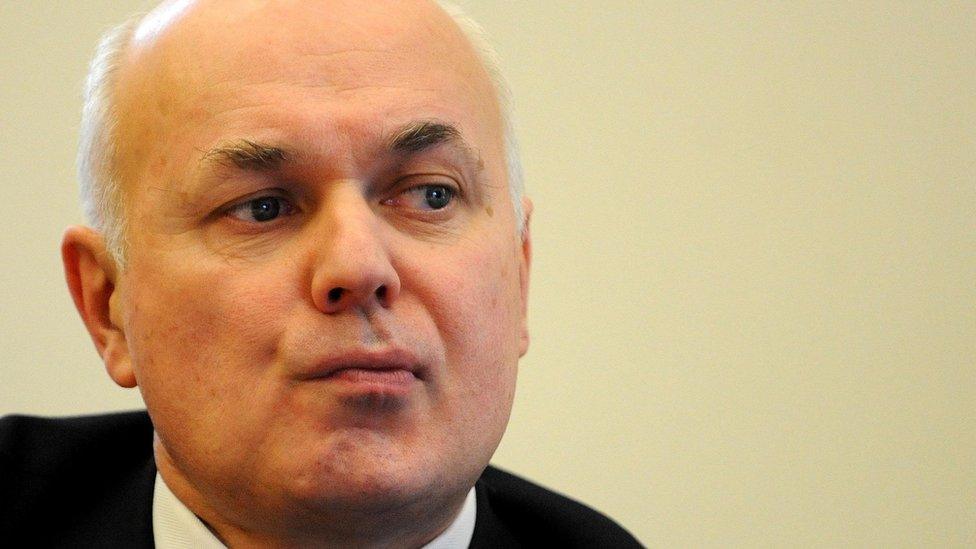
Iain Duncan Smith has defended the government's changes to the welfare system
The head of the NAO, Amyas Morse, said the DWP had "addressed some of its immediate operational issues in managing contracted-out health and disability assessments".
But he said the government needed to "take action to break a perpetuating cycle of optimistic targets, contractual underperformance and costly recovery".
The DWP said it had reached the best possible deal for new tests following a "strict competitive contract tendering process" and that the extra costs had been taken into account. "This also ensures that the quality of the assessments for claimants improves at the same time," a spokesman said.
"We are determined to support more people into work and provide individuals who can't with the correct support that they need - the effective assessment of people's abilities is key to this."
Shadow minister for disabled people, Debbie Abrahams, said the report exposed a "shambles", adding "too many disabled people have been badly let down by these assessments".
And Dan Scorer, head of policy at the charity Mencap, said "people with a learning disability who rely on the support from benefits are still suffering from a system that fails to help the people it is designed for".
- Published6 October 2015
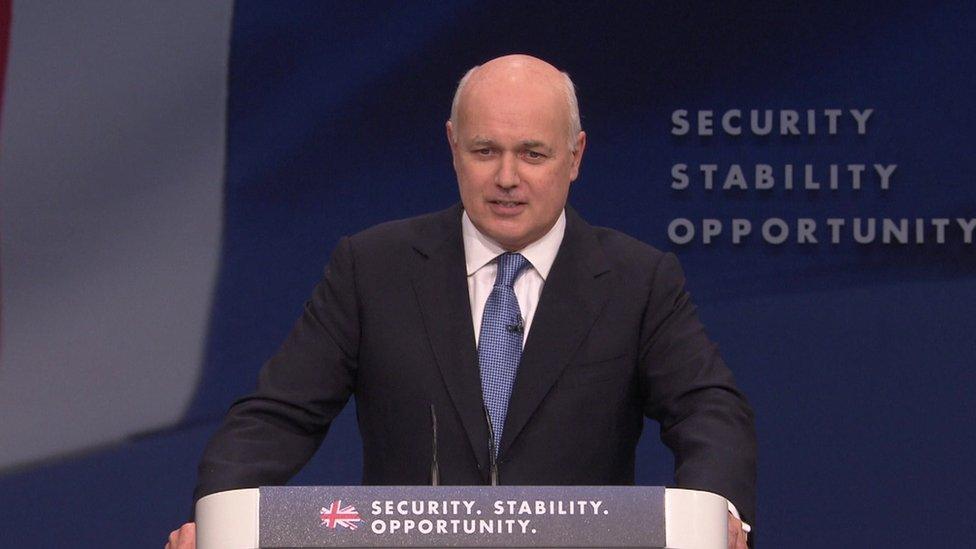
- Published30 October 2015
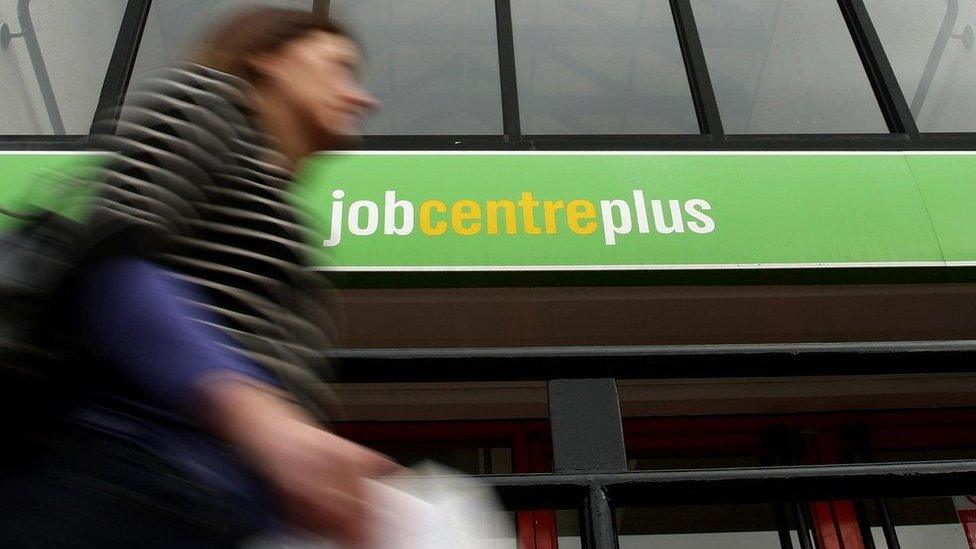
- Published24 August 2015
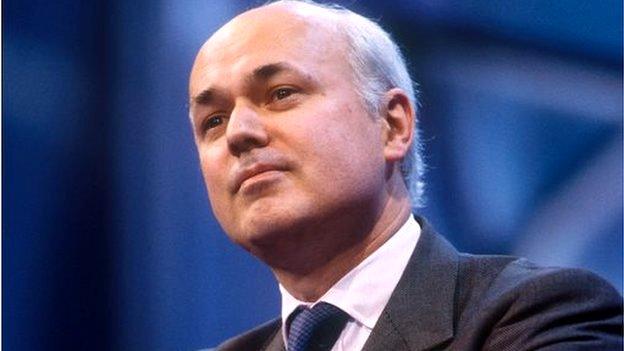
- Published27 March 2014
